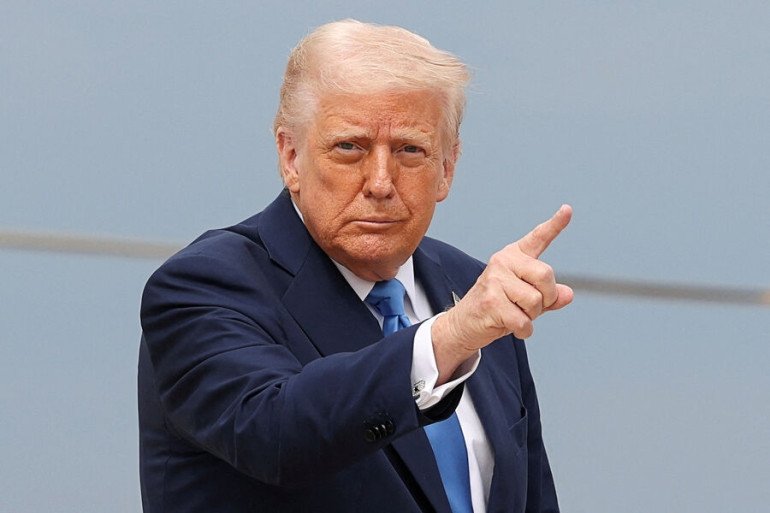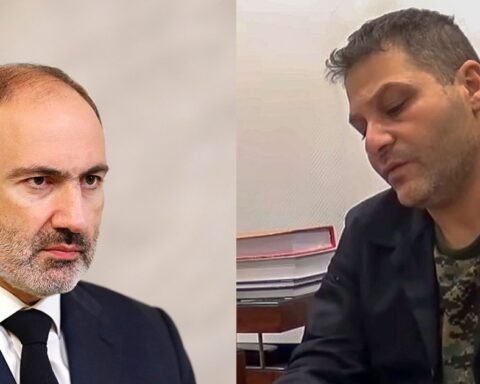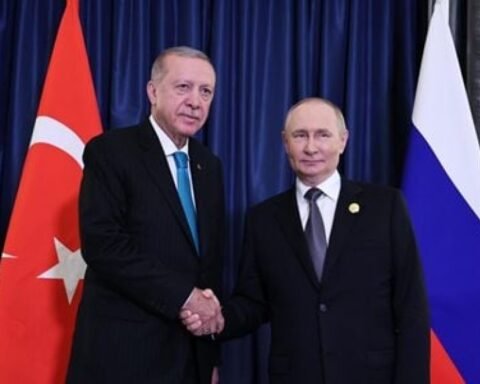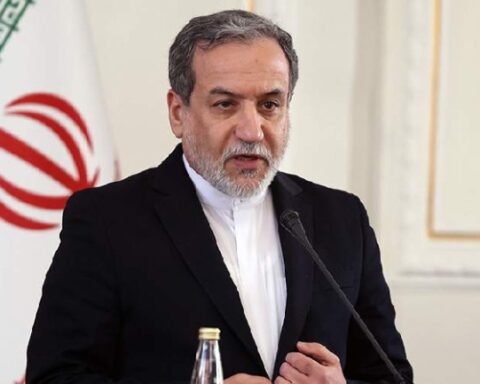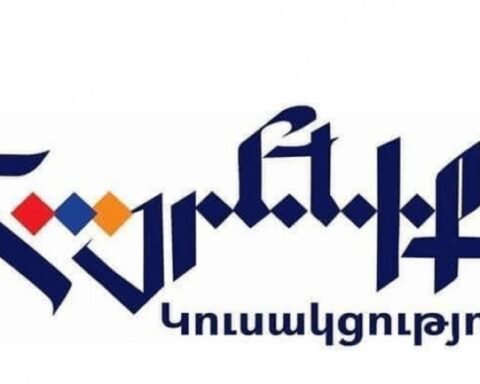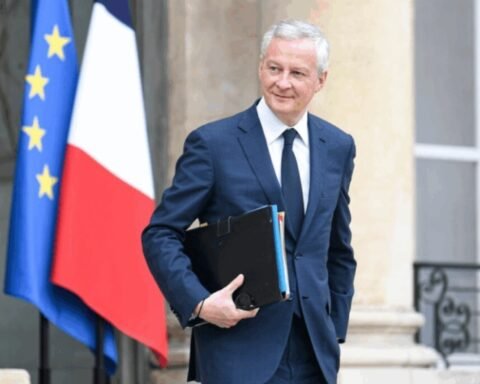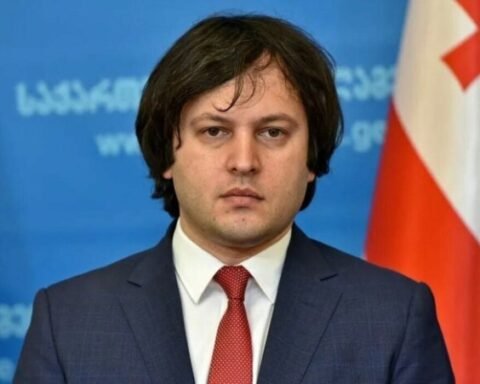The White House has initiated a process to cancel nearly $5 billion in congressionally approved foreign assistance, employing a legal mechanism unused for nearly five decades. The decision, formally communicated to Congress on Thursday, targets funds allocated for international development programs, peacekeeping operations, and contributions to global organizations.
To execute this financial halt, the administration is relying on a budgetary authority last invoked in 1977, a move that immediately sparked debate over its legality. While the executive branch maintains the action is within its rights, the U.S. Government Accountability Office has previously deemed such practices unlawful.
The frozen allocation includes substantial sums directed toward United Nations peacekeeping missions in conflict zones such as the Democratic Republic of the Congo and the Central African Republic. Also affected are millions earmarked for specific initiatives, including climate programs in Honduras and projects supporting democratic engagement with artists in Ukraine.
This action follows a previous impoundment of aid, the status of which remains unresolved amid ongoing legal challenges. Historical precedents from the 1970s under Presidents Ford and Carter are being cited by the current administration, though the scale and context of the current rescission are notably different. The financial maneuver does not impact funding for the multinational observer force in the Sinai Peninsula.


